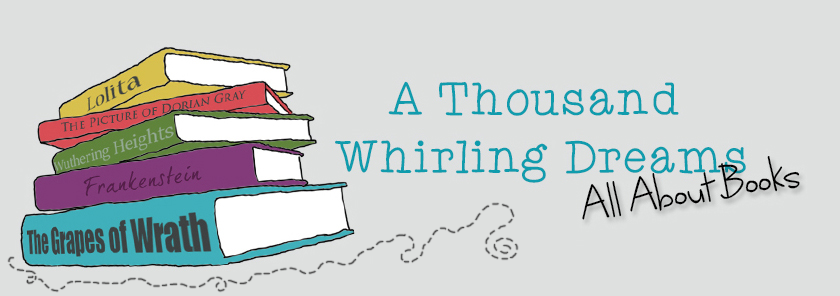Title: The Catcher in the Rye
Author: J.D. Salinger
Year: 1951
Publisher: Little, Brown
Pages: 214
Probably the most well-known characters in American literature: Holden Caulfield. This angsty yet rash, sentimental yet conceited teenager is the hero of J.D. Salinger's Catcher in the Rye - an American modern classic, that, although banned at times, has been read by a great amount of people, has influenced numerous lives, and inspired so many authors. It tells the story of 16-year-old Holden, who, after he has been expelled from prep school, leaves for New York, to go back to his parents and younger sister. However, as a result from a fight with his roommate, he has left a couple of days early, meaning his parents haven’t received the dean’s letter yet. Not wanting to break the news himself, he decides to get a room in a hotel and kill some time there.
To be fair, though, the plot isn’t really of much value as it is mostly a character driven, technically written novel which is fed by thoughts and literary devices. I’ll try and explain what I mean.
Firstly, let's take a look at our main character Holden. He thinks a lot, and he voices these thoughts to us, the readers. But he doesn’t really act. He philosophises, has profound ideas, but I don’t think people around him are aware of this. He might seem outgoing, but he very much keeps to himself. For example: the main theme of this novel is losing innocence, becoming an adult. For the reader a recurrent phenomenon throughout the novel, but for Holden a constant struggle in his mind, always holding him back. He tries to prevent becoming older by not doing certain things associated with becoming an adult: he is, for instance, still a virgin. His not finishing school also symbolises this rebellion against growing up. Moreover, he loves the museum - a place that can capture a moment, stop time. He wants to stay young, a child, as he admires the innocence and naivety in children. But as he slowly starts to realise he cannot prevent becoming an adult himself, he wants to help other children, such as his sister, by being a catcher in the rye.
“Anyway, I keep picturing all these little kids playing some game in this big field of rye and all. Thousands of little kids, and nobody's around - nobody big, I mean - except me. And I'm standing on the edge of some crazy cliff. What I have to do, I have to catch everybody if they start to go over the cliff - I mean if they're running and they don't look where they're going I have to come out from somewhere and catch them. That's all I do all day. I'd just be the catcher in the rye and all”
Let’s now talk about the technical side of the novel. The difficulty in explaining this lies in the fact that this is a combination of writing-style, narrative techniques, and the use of symbols and motives. As I should be weary that I don’t turn this review into an essay, I’ll try to be brief.
The way in which The Catcher in the Rye is written, is odd. The style takes some getting used to, but you can’t really put your finger on what’s off. The swearing, the slang, repetition - all devices used by Salinger to make Holden feel like a real person, yet there’s distance. This, I eventually figured out, is created by the passive tense. It took some research (watching Crash Course videos) to find out exactly why Salinger would do this: Holden, the 17-year-old version recounting the story, is trying to create a distance between himself and his problems. He’s struggling a lot, and by doing this, it might seem as if all the issues really aren’t his. This, along with the interwoven symbolism, clues and motifs, as well as the impeccable ending, is what make this novel a masterpiece.
However, I didn’t really love The Catcher in the Rye at all. The ending made up for many of the issues I had, and the research I did afterwards made room for appreciation and added the extra star to my original two-star rating. I’m having a hard time putting into words what was the problem for me with this novel. I hated Holden, that’s one. I didn’t care for him at all. But generally, though, with other characters in other novels, this doesn’t necessarily mean I don’t enjoy reading about them. But Holden aggravated me. I found him dumb, annoying, arrogant and inconsiderable and as a result, I really didn’t want to read about him. This, along with the writing style - the constant swearing, odd short sentences - , made for an unpleasant reading experience. As I said, though, I do appreciate it now that I see how much care went into the development of this novel. I might not have enjoyed this book much, but I do think that Salinger is one of the most clever authors that ever existed.



No comments:
Post a Comment